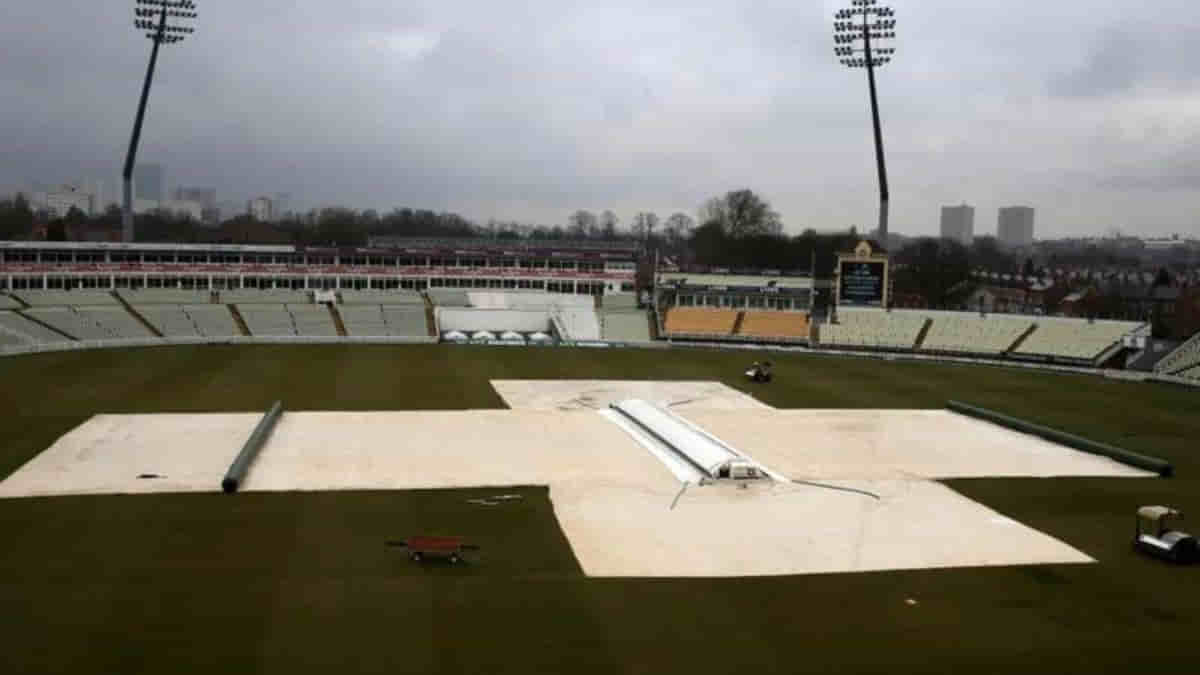 Source: Twitter
Source: Twitter
Even though reserve days are rarely used in cricket and are something that most players and spectators alike dislike, their importance to the game cannot be overstated.
Reserve days are commonly employed in knockout matches in cricket, and without them, many high-profile tournaments would not have a clear winner.
A reserve day, as the name implies, is a standby date for a cricket match to take place if the original date of the match cannot be held due to unforeseen circumstances like severe weather.
However, there have been cases where even the reserve day has failed to yield a clear champion, notably as the 2002 ICC Champions Trophy, in which Sri Lanka and India were forced to split the trophy due to a washout on two consecutive days.
However, reserve days, for the most part, achieve their purpose by assuring that a match occurs even if it is not on the scheduled date.
With that in mind, consider how a reserve day can benefit cricket when it is utilised.
What is reserve day in cricket?
In essence, a reserve day in cricket is used if rain decides to play spoilsport by canceling a critical knockout stage match.
In such scenarios, the match is rescheduled for the next day, which is usually reserved for situations where the knockout game could not take place due to heavy rains.
If at least 10 overs are not used during a knockout game on the original date due to rain, the reserve day will automatically come into play the next day.
However, if rain interrupts a game after both contending teams have played a minimum of 10 overs, the outcome of the match cannot be determined on the reserve day since the Duckworth-Lewis-Stern (DLS) system is used.
A reserve day is used in the Indian T20 League when at least five overs per side cannot be bowled.
Furthermore, if a final begins but is unable to finish due to heavy weather or wet outfields, the reserve day will be used the next day.
In the event of the Indian T20 League, if the reserve day for the tournament’s final is also rained off, the two participating teams will at least try to compete in a Super Over, assuming weather circumstances permit it.
If the weather does not allow for a Super Over to determine the victor of the final, the club that finished higher in the league stage will be declared champions.
Also Read: What is umpire’s call in cricket? A Simple Explanation (cricfiles.com)
“Get more breaking news, cricket updates, fixtures, and trending news only on cricfiles.com. Follow us on Facebook or Twitter and Subscribe to our YouTube Channel today.”





